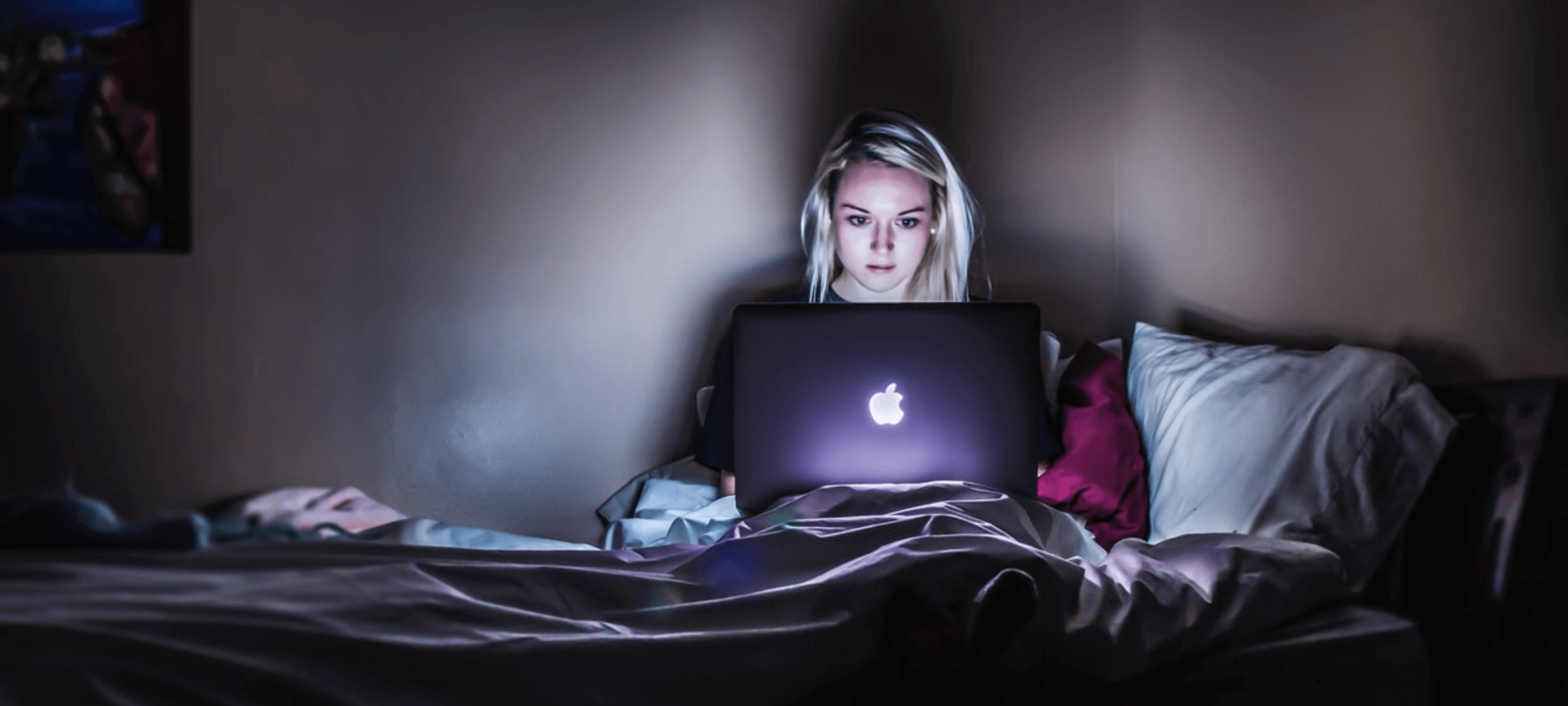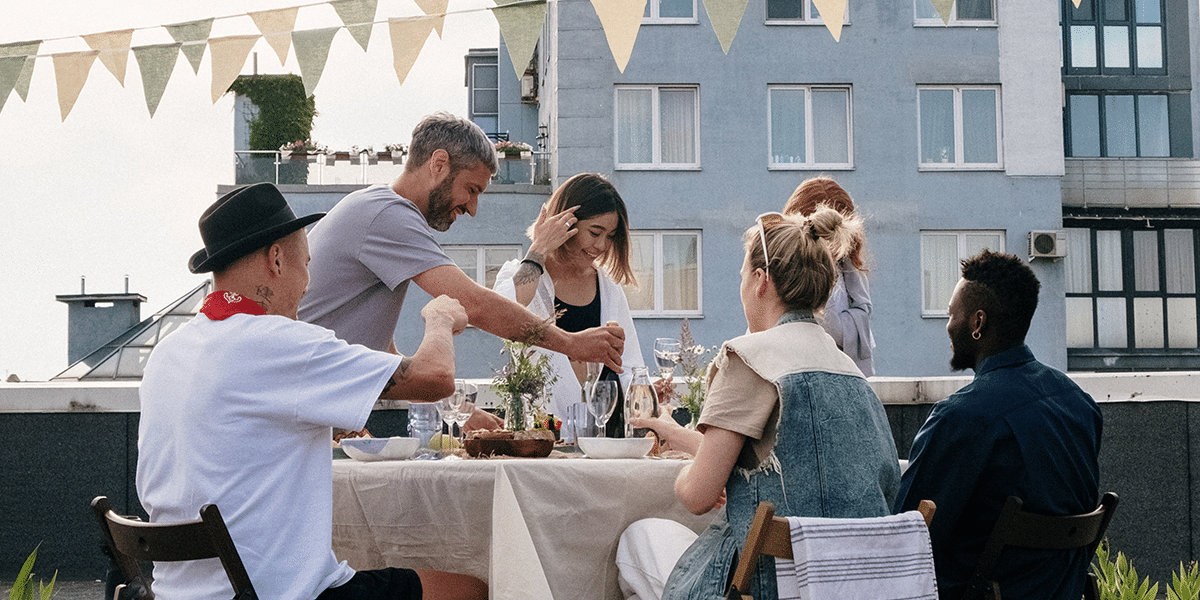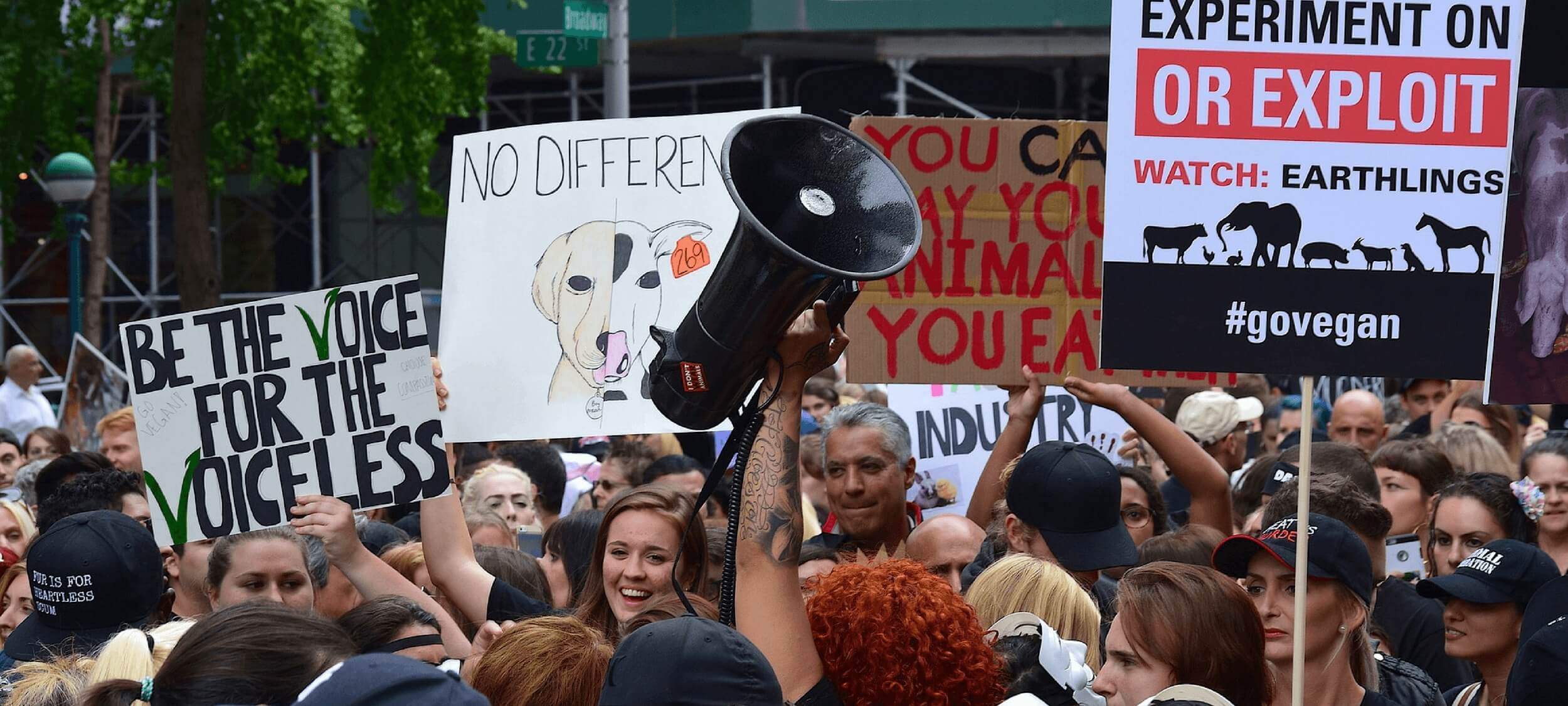
The Ethics of Online Dating
Opinion + AnalysisHealth + WellbeingRelationships
BY The Ethics Centre 18 MAR 2015
“Who here tonight has used online dating?” asked panel moderator Jackie Dent. Almost half the hands in the room, accurate for wider Australian demographics, shot up.
“Rather than the last resort, it’s become the logical first step. But it isn’t an even split between the sexes: it’s a buyer’s market for men”, said cyberhate researcher Emma Jane.
But even if half of us are doing it, most things digital tend to get tagged as ‘inauthentic’ and there’s still a stigma around online dating (less so with apps). So when it comes to creating a profile, what constitutes an ‘authentic’ representation of who we are? What we think is import to know about us is not always what other people think is important to know. Is it important to disclose the colour of your eyes? That you’re married? That you have HIV?
HIV activist Nic Holas generally recommends disclosing your HIV status up front so you don’t set yourself up for rejection, even though some people don’t want to disclose because it doesn’t give them a chance to fully explain their situation. “It’s only reasonable to disclose your status when sex is a sure thing”, said Holas. “In NSW, if you are HIV positive, you’re legally obliged to tell anyone who you intend to have sex with. But that’s not the case all over Australia.”
Does online dating make us racist?
The online space is a wonder world for niche interests and narrow preferences. If your thing is getting it on in a coffin, there’s “Vampire Passions” or if you just want to spoon-feed your lover quinoa salad, there’s “Gluten Free Singles”. But what if your thing is just ‘white guys’?
“No one would walk into a bar wearing a T-shirt that said ‘No Asians!’. But there’s no end to Grindr profiles with stupid lines like, ‘No rice, no spice, but black guys to the front of the line ;-)’”, said Holas.
“If you were approached in a bar by someone who is Asian, even if you don’t intend to sleep with him, there are plenty of ways to let him down without making explicit reference to his race – or for that matter, his height, weight, or HIV status.”
“You can’t feel empathy unless you’re in some way vulnerable. We’re still at an awkward early stage of a digital era that doesn’t really compensate for physical embodiment,”, added philosopher Matthew Beard. Which is kind of what Louis C.K. reckons when it comes to letting kids use text messaging: if you call someone fat but you’re not there to see how it hurts them, you don’t learn not to call people fat.
Which begs the question, is it fair to call it online dating when our ultimate judgments will always be made in person? Well, there are plenty of people using the likes of Tinder and Grindr to meet friends or just to chat. While there are sites like “Girlfriend Circles” that are designed especially for finding friends, the app market is still in waiting.
Can an algorithm know us better than we know ourselves?
But not everyone’s brutally honest about what they want. We might not want to admit to ourselves or to a computer that we have a racial preference, but the algorithm works it out pretty quickly. “After you’ve interacted with three people, that’s enough data for the algorithm to ignore what you said you want”, said algorithm scientist Luiz Pizzato.
“It’s like Clippy the paperclip popping up to say, ‘Hey, it looks like you’re being a bit racist. Let me help you with that”, added Beard. Only, everyone hated that overly enthusiastic paperclip so the algorithm uses stealth.
The most conventionally attractive people don’t necessarily get the most messages. “Most users assume that ridiculously good looking people will get flooded with messages, so they don’t message. Those people with looks that polarize, people who would get 10s and 3s in a hot or not challenge, are the ones who get the most messages”, said Pizzato.
Does online dating make us more likely to lie?
Both men and women add about five centimetres to their height and about 20% to their income when they fill out an online profile. And when you’re instant messaging on a device with a camera, quick verification snaps of “those extra inches in other departments”, added Holas, is standard practice for gay guys.
But not being 100 percent honest online isn’t an indictment of online daters’ morality, thinks Beard. “Online dating doesn’t inspire lying, it just exposes it. It holds a magnifying glass to the human experience of meeting people.” Who can honestly say they haven’t told a few lies or sweetened the truth on a first date?
Cheating
What do you do when you see a friend’s partner on a dating platform? And if you’re partnered, is talking to people online the same as flirting in a bar? “I think the best gauge of what counts as cheating is to ask yourself, ‘Am I comfortable telling my partner about this?’” said Holas.
While studies show that men are more likely to cheat in general, there isn’t much reliable research to conclude whether online platforms make cheating easier. “In any case”, said Jane, “something like five to 15 percent of children are not fathered by their biological father. So the idea that men are the only ones who cheat is clearly inaccurate.”
Scamming
The sharks are still lurking, but since the online waters have deepened and sites have more safety nets, they’re less of a threat. “Scammers often masquerade as religious people. They do this because they tend to then attract genuinely religious people who are often trusting and caring and then the scammer abuses that trust for money or a visa or whatever else,” said Pizzato.
What’s Next?
When there are too many online offerings, we tend to see a throwback. But it tends to be token, suggests Beard. “The resurgence of speed dating in hipster bars says more about their love of irony than anything else.” The shift to online dating is only going to gather pace as more and more services come onto the market.
What might those new services look like? “The gay community is always an early adopter market”, said Holas, “so you should expect to see heteros opening up to the idea of meeting new people in new ways soon enough.”
Ethics in your inbox.
Get the latest inspiration, intelligence, events & more.
By signing up you agree to our privacy policy
You might be interested in…
Opinion + Analysis
Relationships
Struggling with an ethical decision? Here are a few tips
Opinion + Analysis
Politics + Human Rights, Relationships
How to have a conversation about politics without losing friends
Opinion + Analysis
Climate + Environment, Health + Wellbeing
How should vegans live?
Opinion + Analysis
Relationships




